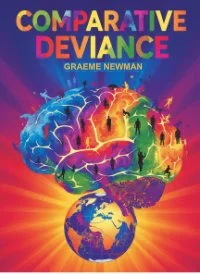By Anton Blok
Main Themes: The book explores the relationship between honor and violence, particularly in contexts where central control over violence is weak or absent
Case Studies: It includes studies on Sicilian mafia, rural banditry in theDutch Republic, and various cultural practices related to honor and violence.
Anthropological Approach: The author emphasizes the importance of understanding social action as paradoxical and influenced by unintended consequences.
References: The document contains numerous references to other works and studies, highlighting its academic rigor.
Wiley, Feb 8, 2001, 358 pages





